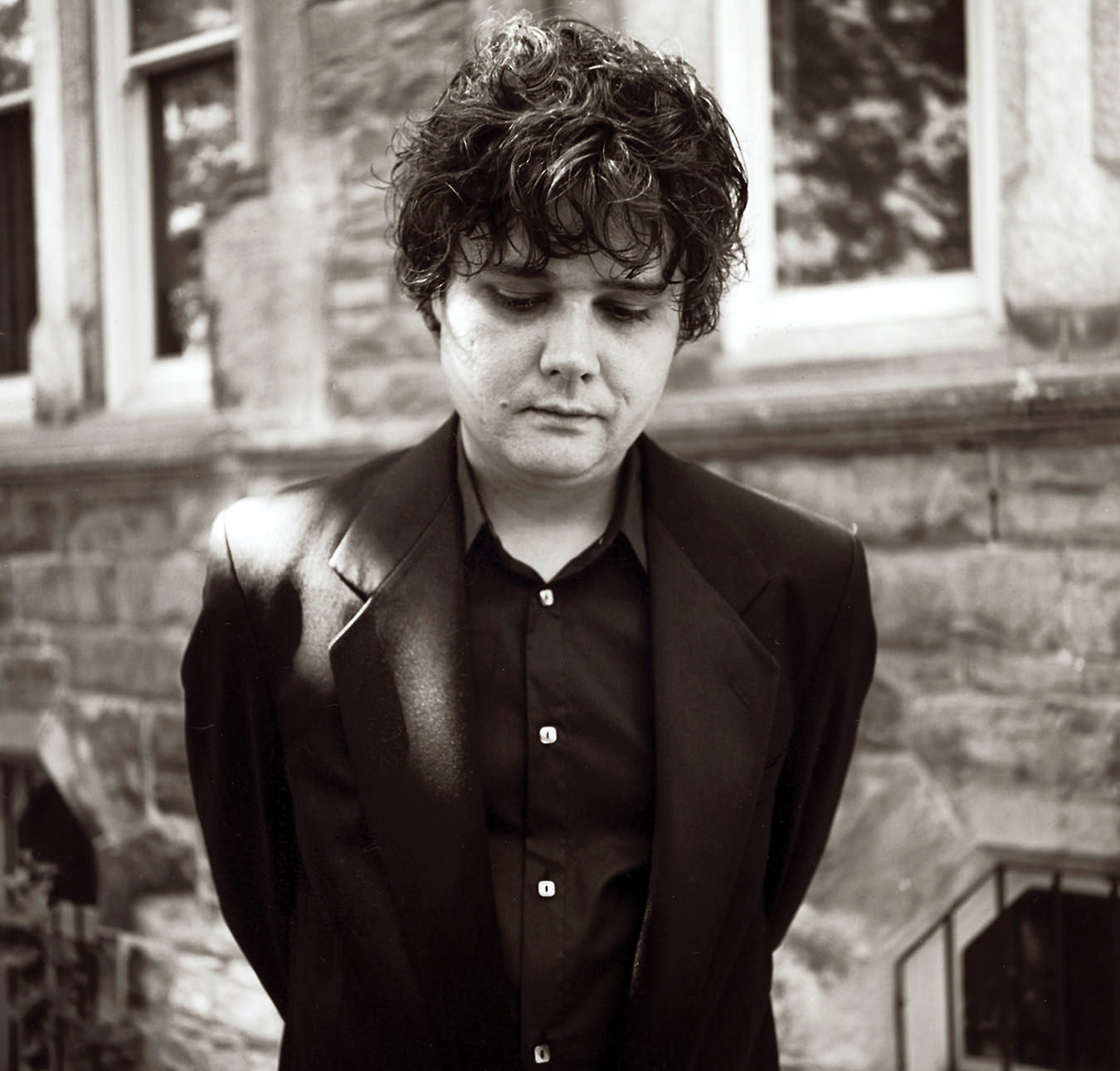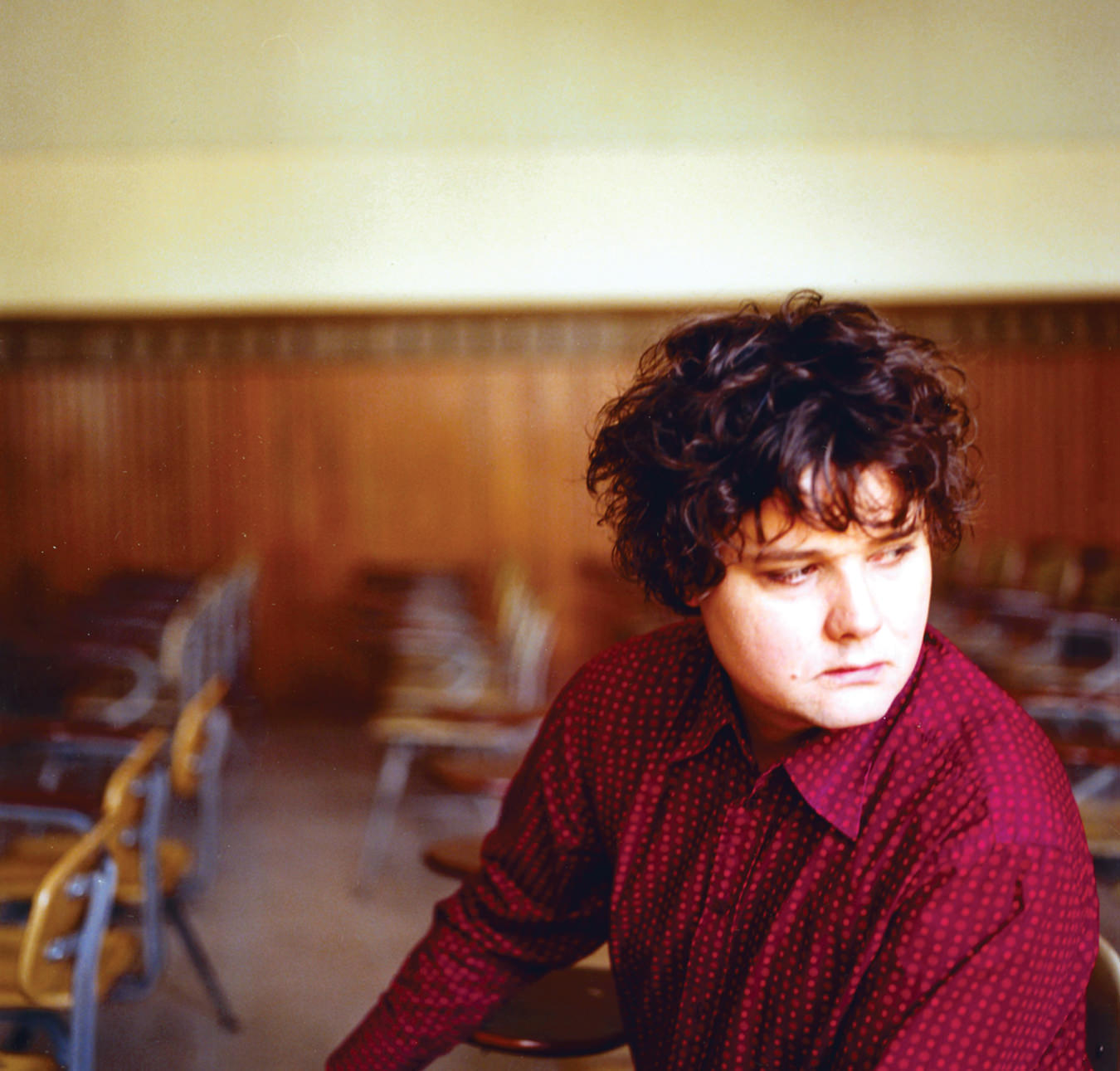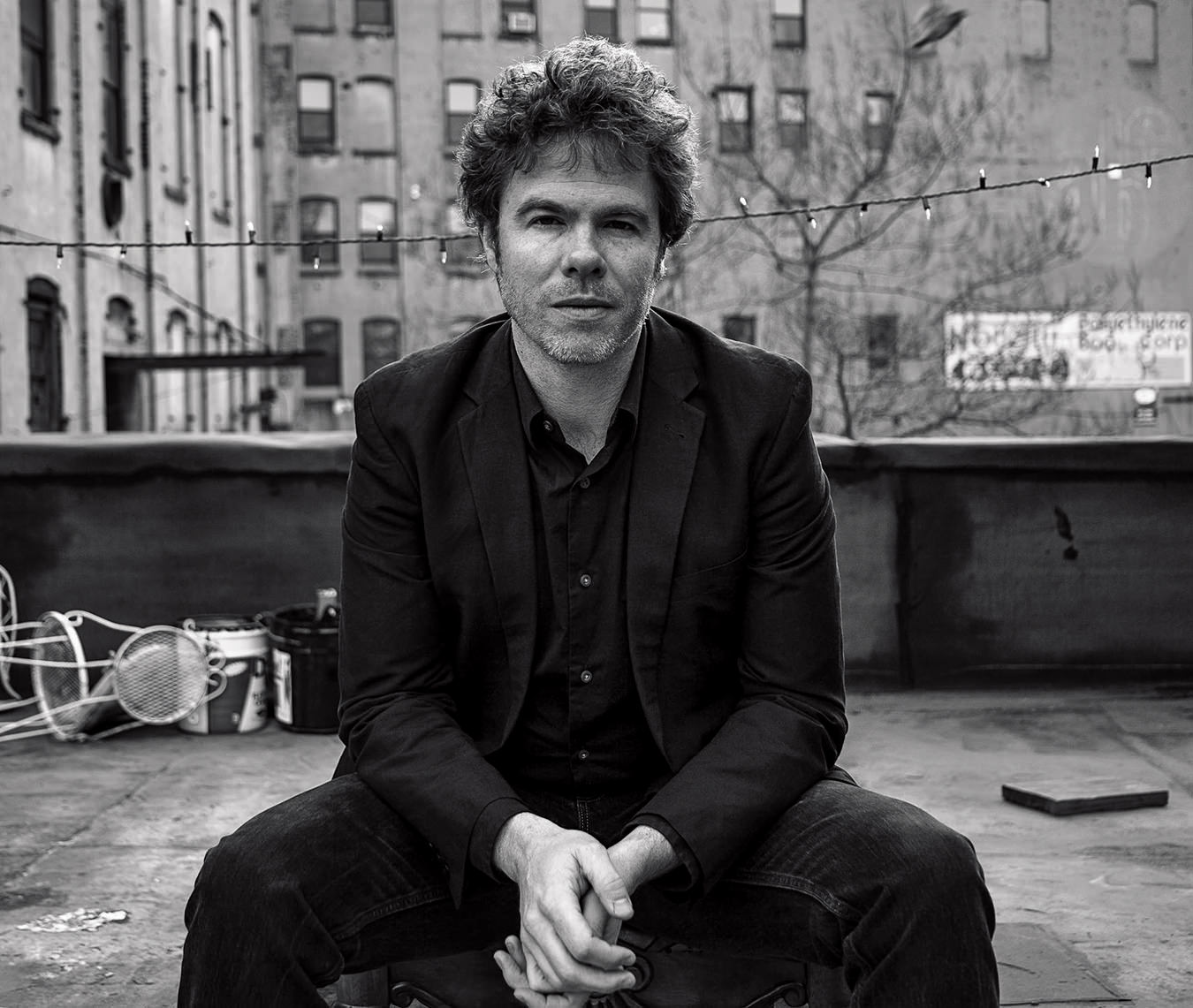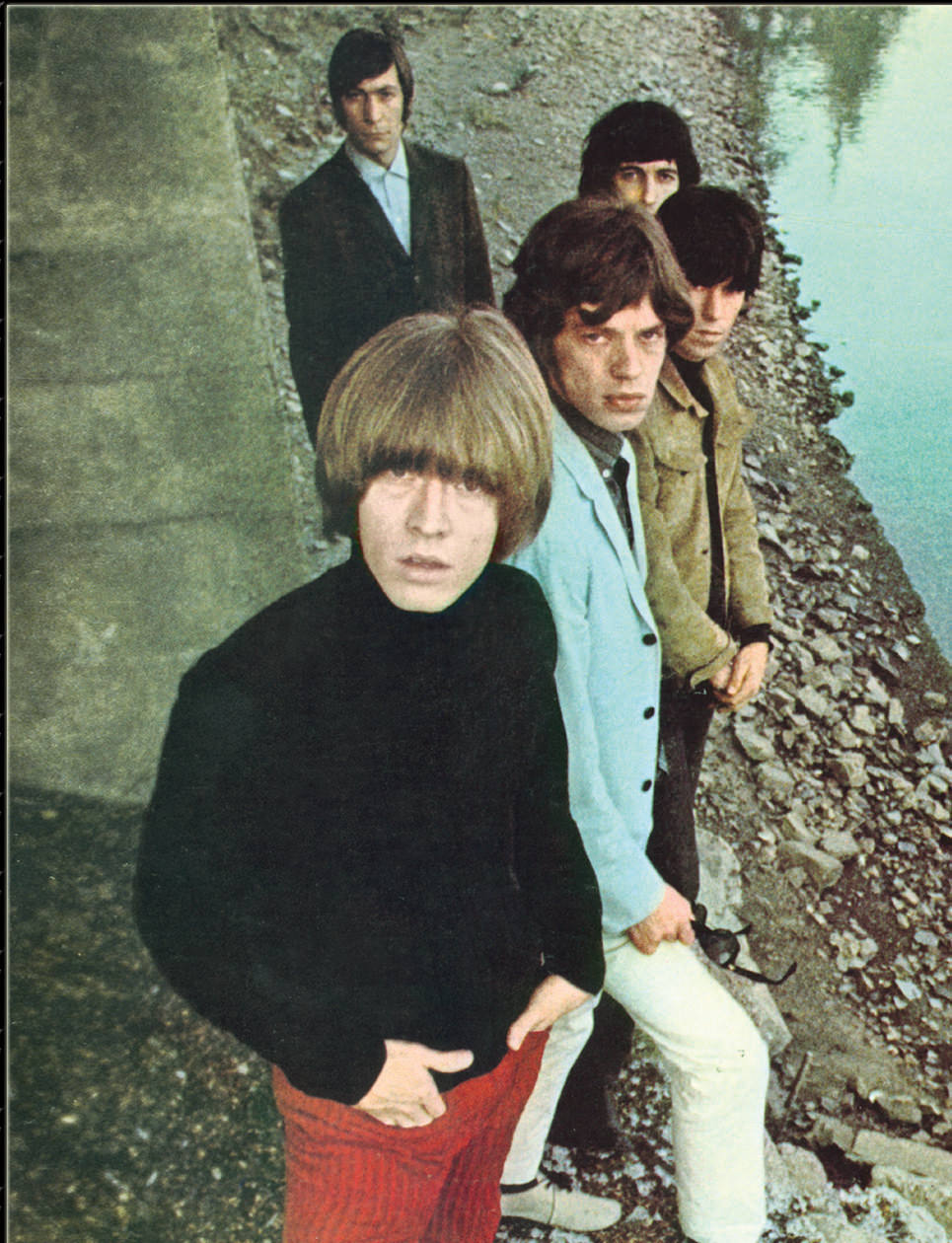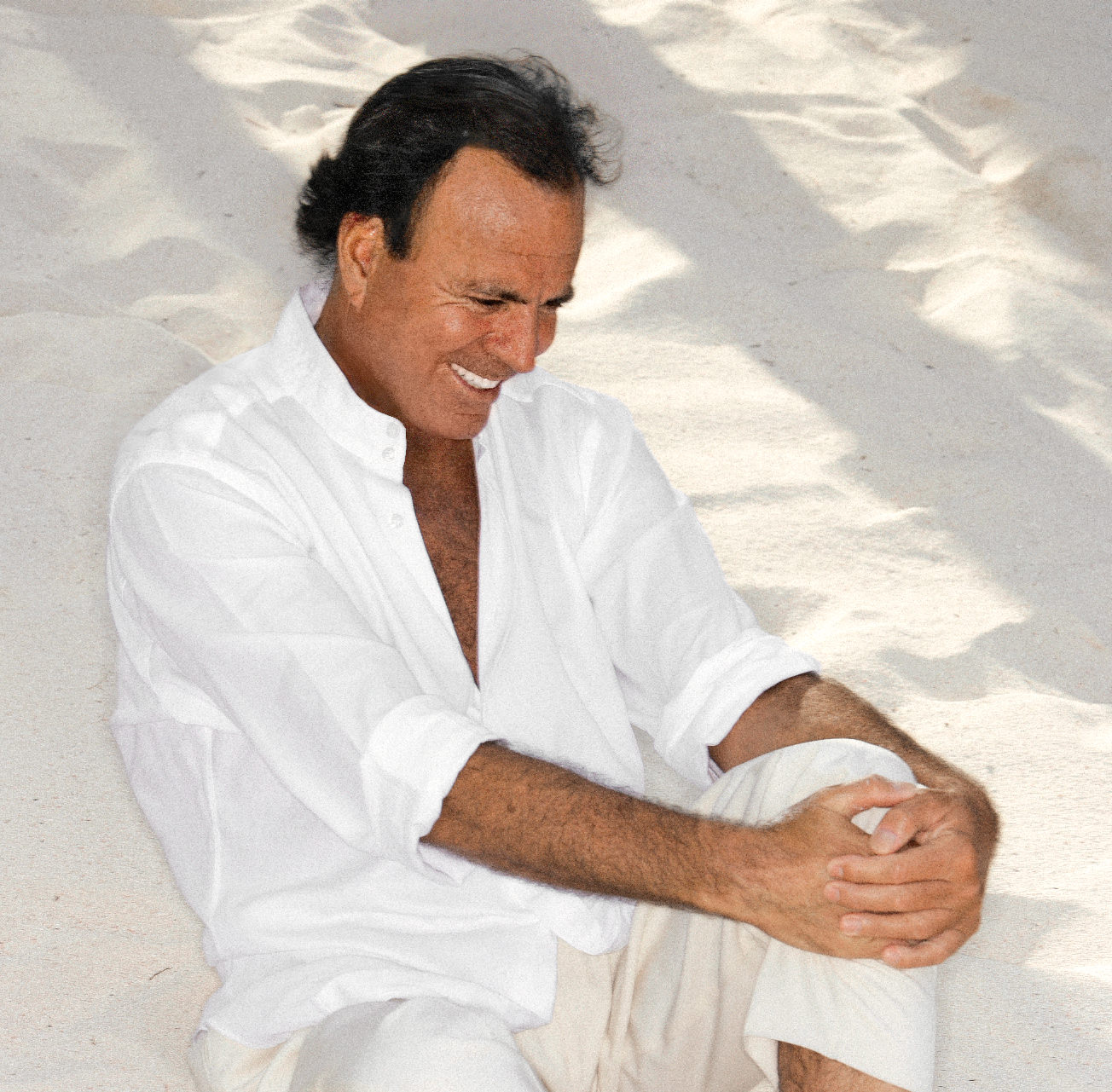Ron Sexsmith
Sing me a love song.
It’s a Monday night at the Bowery Ballroom on Manhattan’s Lower East Side, not a big night for concerts but then again, the Bowery Ballroom is the kind of place that can attract the acts to fill the place any night. Tonight, most of the crowd is there to see The Wallflowers, and the tables on the upper balcony are all taken by the time I arrive, just before the opening act. It’s actually the opening act I’m there to see, and as I push my way to the front (elbows slightly out—it’s New York, after all) I catch snatches of conversation that reveal that others, too, are there to see the opener. Not many people know about Ron Sexsmith, but those who do are diehard fans and they have come out tonight to support their boy.
He’s not a boy, really. Sexsmith is 38, with six albums under his belt and a touring schedule that has him criss-crossing oceans on a regular basis, but he has a definite boyish quality that inspires not only loyalty in his fans, but protectiveness. Much is made of the fact that this homegrown Canadian troubadour still hasn’t cracked the mainstream, despite the high-profile support of luminaries such as Elvis Costello, Elton John, Michael Stipe, Sheryl Crow, and a fairly well-regarded British rocker by the name of Sir Paul McCartney. He’s been up for Junos, received glowing reviews from major music magazines, and always seems to be playing somewhere near you; yet somehow, he can’t get a darn song to stick. It just makes his fans love him more.
It would be easy to blame this lack of commercial success on his looks; a ‘sexsmith’ he is not, with his cherubic face, slightly doughy frame and mop of unkempt hair (not rock-star messy but honey-I-thought-I-told-you-to-comb-your-hair-before-school messy). Nor does he have a rock-star voice. His is high and pure and sweet and unvarnished with a hint of an endearing wobble, the kind of voice that is well-suited to the thoughtful ballads which are his mainstay. Then again, Dave Matthews is no strutting playboy, nor is David Gray. So why can’t Ron Sexsmith catch a break?
I am wondering about all this as he takes the stage, acoustic guitar in hand, and shyly greets the crowd. I haven’t met Ron yet but I feel as though I know him, as though he is knowable through his songs, stripped-down and straightforward and honest as they are. On stage he does seem like their embodiment: soft-spoken, sincere, earnest, and appealingly underconfident.
The crowd is respectful and attentive as he plays, strumming away with a minimum of patter but acknowledging a song request immediately. “When you’re playing solo, anything goes,” he says easily. “I’m like a jukebox, if you know my songs.” The front of the stage is lined with girls three deep, presumably angling for a better look at the fetching Jakob Dylan, but still, the level of attention, especially for the warm-up act, is impressive, especially at the Bowery Ballroom two weeks into the smoking ban (generally a sore spot with concert-going New Yorkers).
He begins the intro to “Secret Heart” off his debut album, as close to a hit as he has had. “This is probably my most covered song,” he tells the crowd, describing how it was recorded by Rod Stewart and performed by Nick Lowe and, most recently, is being done by Ronan Keating of Brit boyband fame. Then, suddenly, a flash of something new: confidence. “This,” says Sexsmith, “is how it sounds when I do it.”
It’s been a good year so far, to be sure. He’s released his sixth CD, Cobblestone Runway, and toured with the powerhouse concert ticket of the year, Coldplay (lead singer Chris Martin has long been a fan). After a troubling year which saw the demise of both his recording contract and his marriage, he has been re-signed and has surprised himself by finding love again. More people have heard him than ever before. And he actually has high hopes for a radio hit (“Gold in Them Hills” with Martin on guest vocals).
The idea of finding gold somewhere amidst the obstacles ahead is a strong running theme in Cobblestone Runway, which was written during those difficult times that saw him camping out at his manager’s house, his personal and professional life in limbo.
“I just woke up one day and found myself living on my own,” says Sexsmith. It’s the day after his Bowery Ballroom concert, and we are chatting in a plush loft in Chelsea (courtesy of a producer friend). Sexsmith is relaxed and in good spirits, a far cry from how he describes himself feeling while writing the songs on the album. “I went from being in a tiny house with kids to having a room in a big house, kind of like I was back in my Mom’s place. It was kind of a sad period, and I remember waking up one morning and looking out the window, and the line kind of came to me: “your eyes are burning low as you look out on this morning/But your eyes will return to their former glory.” He sings the opening lines of “Former Glory,” the first song on Cobblestone Runway. “It was kind of nice, though, because there was a lot of uncertainty but I was writing all these songs that were sort of encouraging.” This optimism is apparent on songs like “Gold in Them Hills” and “Least That I Can Do,” and on the quietly inspiring “God Loves Everyone,” dedicated to slain Wyoming gay student Mathew Shepherd (“Never one to judge/Would never hold a grudge/’Bout what’s been done/God loves everyone”).
Looking back on his career, it’s clear that Sexsmith would have needed optimism in spades; it hasn’t been an easy road. Sexsmith’s pace in his career has been like that of the proverbial turtle: slow but steady … but slow. He moved to Toronto from his native St. Catherines at barely 21, hopeful of making a living writing, playing and recording music. In the meantime, he worked as a courier in downtown Toronto by day and developed material with his band The Uncool in whatever time was left over. He had a wife, a baby boy, and packages to deliver in order to make the rent. “I shudder to think if I hadn’t made it. I wasn’t really cut out to do anything,” he recalls. Sometimes he would run into old classmates in high-rise elevators, they in business suits and him carrying packages to the mailroom, walkie-talkie crackling with the next delivery order. “I would feel so embarrassed. I didn’t go to university, didn’t have anything to fall back on. I just wanted to play music.”
Fortunately, he didn’t need to fall back on anything. In 1991, he released his first CD, Grand Opera Lane, with The Uncool (produced by former Blue Rodeo member Bob Wiseman). It was enough to land him a songwriting contract, and then, finally, a recording contract with Interscope Records. His eponymous debut album, Ron Sexsmith, was released in 1995. Finally, things started happening. Elvis Costello appeared on the cover of Britain’s Mojo Magazine holding a copy of Ron’s disc, saying that he’d “listened to it all year and could listen to it for another twenty.” He started touring, playing wherever he could for whoever he could. He left the packages behind on Bay Street, and his family behind at home.
“For me, my 20s were spent like my 30s, and my 30s like my 20s,” he says reflectively. “I was a courier, I was home every night, I was dad, I didn’t know if I’d ever do anything, I had these big dreams, and finally when I turned 30 things started to happen. I was finally living out my dreams and in a way I kind of felt like I was having my 20s in my 30s.” Though touring was vital to his career, the road was where Ron wanted to be, with all its experiences and opportunities (after all, if he’d stayed in Toronto he wouldn’t have had breakfast with Paul McCartney, dropping in with the lead singer of Squeeze on a pleasant Sussex afternoon).
There were other things he wouldn’t have done, too, though it’s too late for those kinds of regrets. “The touring becomes very addictive, and there are a lot of pitfalls on the road,” he says with a small laugh, somewhat abashed. After fifteen years, he and Jocelyne agreed to split up. “When we finally separated it was almost a bit of a relief,” he says matter-of-factly. “I really did think it was for the best, it wasn’t a happy situation.” Nonetheless, on Cobblestone Runway just as on each of his previous albums, he thanks Jocelyne, Christopher and Eveylne, and apologizes “for being away so much.”
He also thanks someone else: new love and live-in girlfriend Colleen Hixenbaugh, “for taking my heart by surprise.” Perhaps this is the true source of the newfound happiness and optimism; Sexsmith and Hixenbaugh just seem to fit together, both physically (her pixie-like multi-coloured mop-top that matches his perfectly), and in terms of their background (she is a musician steeped in the biz, former assistant to Rosanne Cash and former nanny to David Byrne). When Ron is on the road, she’s with him, and his pleasure in having her nearby even during our interview was apparent.
Things, too, are well with his kids, now 18 and 13, and he has been pleasantly surprised to see their own musical aptitudes emerging. “My son just came to me the other day and said ‘wanna hear my song?’ I had no idea, I didn’t see it coming.” Like father, like son? Not exactly: “It’s a hip-hop song he put together on the computer, got a beat going and then rapped over it. It was good because he’s kind of a quiet kid and it was the first time I really ever heard him express his thoughts in any way.” His daughter takes after her dad a bit more conventionally: “she has a beautiful singing voice and she writes lyrics so I’m curious to see what she’ll do.”
Sexsmith can’t help but feel good about the future. He isn’t one to get his hopes up over critical acclaim. He’s had his share, and it hasn’t exactly gotten him the big bucks, but this time, with Coldplay and Chris Martin, things are different. “In the past I’d gotten a lot of support from the old guard, Elvis Costello, Paul McCartney and Elton John saying nice things, but it’s almost more potent when someone like Chris Martin says nice things because he’s more popular right now, at this moment.” Opening for Coldplay on their North American tour represented a huge coup, one that would not have been available to him but for the band’s support of his sound. “Usually, opening for another band is hard. You’re not the person that they’ve come to see, so you go out there and you really have to try to win them over. But with Coldplay, with Chris and the band being so supportive, I think a lot of the fans are aware that he likes my stuff, so there is a bit of respect there, and it’s been going well (the tour ended in June 2003).”
Critical acclaim, support of his fellow musicians—no problem. Cracking the airwaves is always a problem, always a challenge, and, for Sexsmith, always, a goal. “I just have no luck at radio,” he says, almost cheerfully. “Whatever I do never seems to fit the format.”
He is happy, though. “I’ve been able to meet a lot of my heroes, and they’ve all been really cool,” he says, citing his experience singing for Gordon Lightfoot with Anne Murray and Ian Tyson at Lightfoot’s induction to the Country Music Hall of Fame (“that’s kind of the Holy Trinity of Canadian Music!”) and receiving a greeting from Leonard Cohen, whose song “Heart With No Companion” Sexsmith covered on his first album (“I did a show once with Leonard Cohen’s son, Adam Cohen, and when I met him back stage he said ‘Oh, my father says hi’; it was such a weird thing, I’d never met him”).
Most of all, he’s just happy to be making music and getting paid for it, even if it’s not with Justin Timberlake-sized royalties. “I’ve made six records and people seem to keep letting me make more, which is nice. I feel like I’ve gotten over the hump, in a way.” And, with trademark Sexsmith simplicity and sincerity, he sums it all up: “things are good.” For now, that’s all it needs to be. But you never know what the future holds; after all, there’s gold in them hills.
All photos courtesy of Linus Entertainment.

